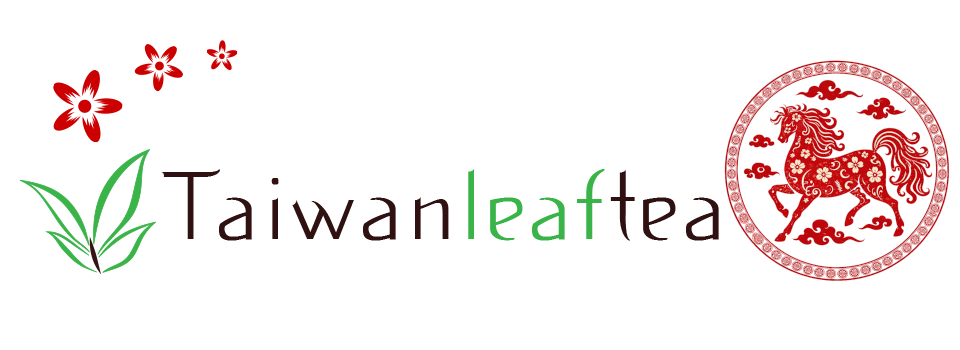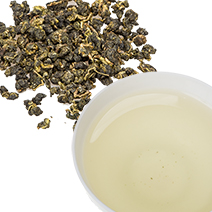Environmental Aspects of Tea Production in Taiwan
Major Environmental Challenges in the Tea Industry
Tea cultivation requires significant resources, which can impact the environment. The main environmental issues include:
- Deforestation for expanding tea plantations, leading to reduced biodiversity and ecosystem disruption.
- Use of chemical fertilizers and pesticides, contaminating soil and water, which harms not only nature but also human health.
- High carbon footprint due to the transportation and processing of tea raw materials, increasing greenhouse gas emissions.
In Taiwan, tea producers recognize these issues and take steps to minimize environmental damage. For example, many farms employ traditional farming methods that reduce negative environmental impacts.
Eco-Friendly Methods of Growing and Producing Tea in Taiwan
To preserve nature, many Taiwanese farmers implement environmentally conscious technologies. Key practices include:
- Transition to organic farming – eliminating chemical fertilizers and using natural pest control methods, such as planting companion plants and attracting beneficial insects.
- Preservation of biodiversity – growing tea in conditions close to natural ones, maintaining surrounding forests, and minimizing ecosystem interference.
- Composting and natural fertilizers – using organic compost instead of chemical additives to help restore soil fertility.
- Rational water use – implementing drip irrigation systems that reduce water consumption and prevent soil erosion.
- Waste reduction and recycling – using biodegradable packaging and reducing waste at all stages of production.
Taiwanese Tea Farms and Environmental Certifications
Although not all farmers can afford certification, there are several standards confirming the environmental friendliness of production:
- EU Organic – European organic production standard regulating the use of chemicals and cultivation methods.
- USDA Organic – American organic farming certification confirming the absence of synthetic fertilizers and pesticides.
- Taiwan Organic – local certification for producers adhering to strict environmental regulations.
- Some farmers follow eco-friendly production standards but do not obtain certifications due to high costs. In such cases, it is essential to consider the tea’s origin and processing methods. The best choice is tea from small farms that use traditional and natural cultivation techniques.
How Ecology Affects the Quality of Taiwanese Tea
Eco-friendly teas offer several advantages:
- Purer taste and aroma due to the absence of chemicals, allowing the natural flavor notes of the beverage to emerge fully.
- High concentration of beneficial compounds, such as antioxidants and polyphenols, which boost immunity and contribute to rejuvenation.
- Health safety – the absence of pesticides and heavy metals makes tea safe even for regular consumption.
High-mountain oolongs and black teas from Taiwan, grown in natural conditions, stand out for their exceptional smoothness and depth of flavor. That is why they are highly valued worldwide.
How to Choose Eco-Friendly Tea and Support Nature-Friendly Production
To ensure the quality and eco-friendliness of your tea, consider the following factors:
- Region of origin – high-mountain teas from Alishan, Lishan, and Shanlinxi grow in ecologically clean areas with optimal climatic conditions.
- Altitude of cultivation – teas grown above 1,000 meters above sea level have a richer flavor and contain fewer harmful impurities, as higher altitudes reduce insect presence and the need for pesticides.
- Processing method – minimally processed teas without chemical additives retain more beneficial properties and have a more natural aroma.
- Direct purchases from farmers – supporting small farms that use eco-friendly methods helps promote sustainable production and preserve traditional techniques.
Eco-friendly tea is not just a trend but a commitment to health and environmental conservation. Taiwanese farmers actively implement nature-conscious cultivation methods, allowing people to enjoy tea of the highest quality without harming nature. By choosing tea with transparent origins, you support sustainable production and contribute to responsible consumption.
Try natural oolongs and black teas from Taiwan – experience the taste of nature in every cup!
Related Categories
Oolong
Oolong tea, also known as wu long tea, is a world known and one of the famous teas, mention of which appeared about 400 years ago. Taiwanese oolong - is an example of a harmony interaction between people and nature.

